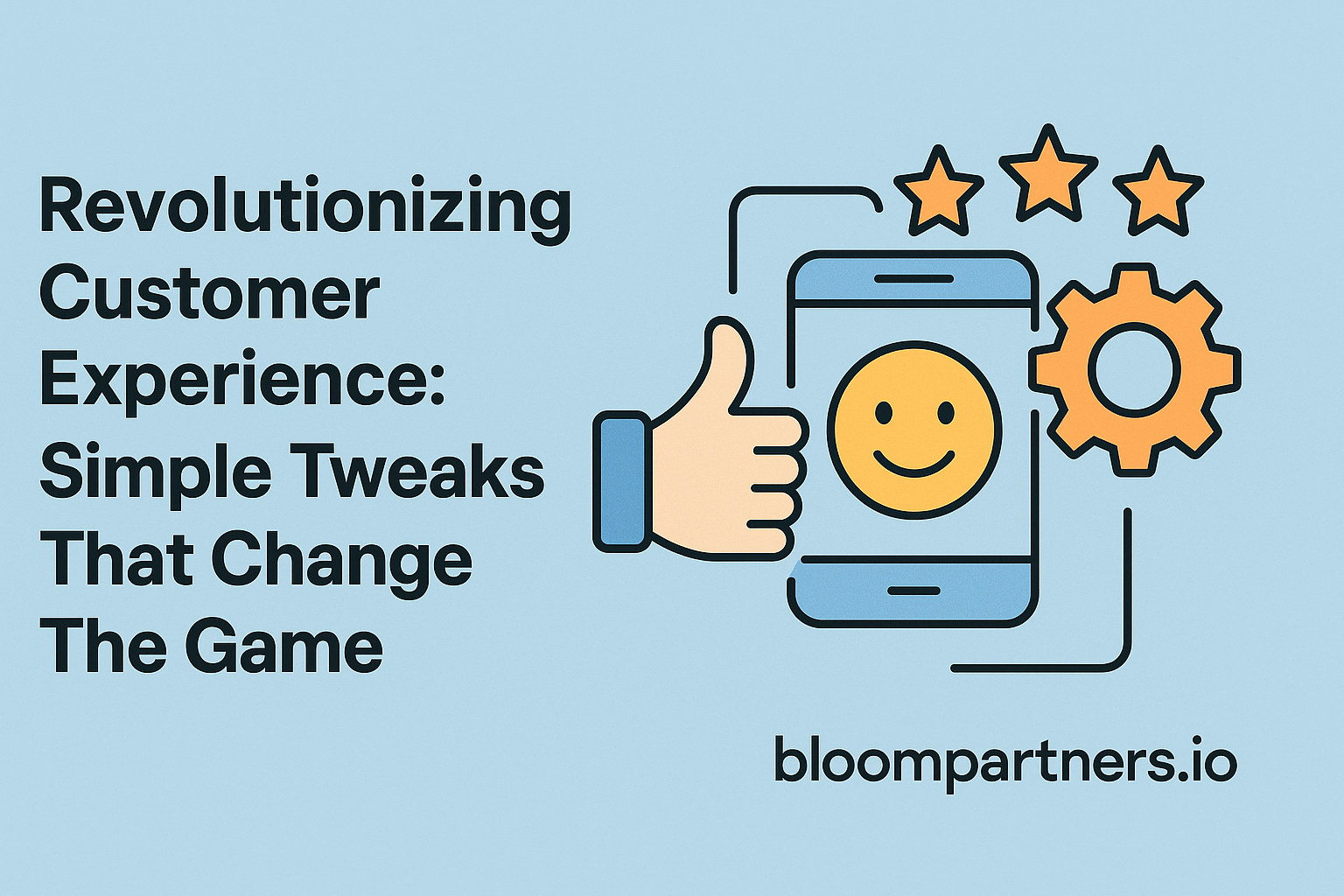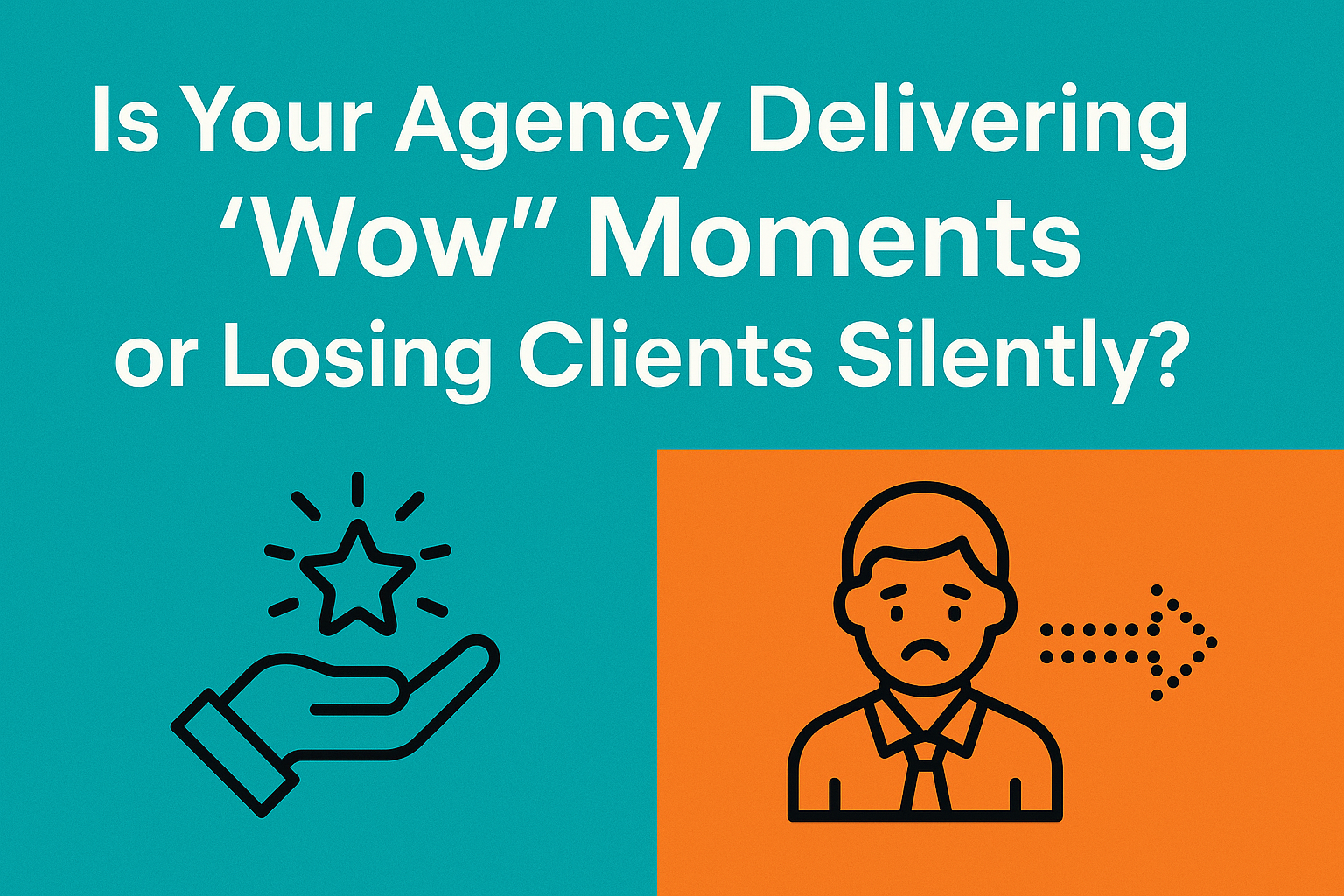Your agency can only scale as high as your leadership allows it to grow.
Leadership is not a buzzword or superficial tactic you sprinkle into monthly meetings—it directly determines whether your agency thrives or just barely survives. If you find yourself repeatedly stuck hitting revenue ceilings or struggling to keep talented team members long-term, it is time to shift your thinking about leadership altogether.
This leadership framework is deliberately built for rapidly-growing marketing agencies. Agencies evolve quickly and often unpredictably. Roles, departments, and workflows expand and change regularly. Consequently, your leadership style and your management mindset must remain adaptable if you want your team to stay engaged, productive, and loyal. Here is the straightforward, no-BS approach you need.
Step One is Ownership Mindset at Every Level
To scale successfully, you cannot be the bottleneck making all the final decisions or holding onto control too tightly. Outstanding agency leaders create processes that encourage team members to take ownership. One proven way to get started is by clearly identifying roles, responsibilities, and expectations for everyone on the team from the start.
People act decisively and effectively when they have clarity and clear accountability. Ask each team member directly—what part of the business do you own? Set concise, measurable objectives to evaluate results. With clear ownership objectives, your talented people feel driven by autonomy and responsibility, not micromanagement or vague direction.
Step Two is Radical Candor in Communication
Strong leadership has never come from sugarcoating comments or leaving your team guessing where they stand. Want sustained growth? Your agency needs clear, honest, and frequent feedback conversations. Adopting “”Radical Candor”” proactively and holding regular check-ins cuts through assumptions, drama, and performance/expectation gaps immediately.
Start by scheduling weekly one-to-one sessions of just fifteen minutes per employee. No excuses—it is your job as leader to ensure they happen consistently. Choose candor over comfort in every conversation, while marrying empathy and tangible insights. Reward transparency, reinforce your seriousness about clear communication, and your agency culture rapidly shifts toward accountability and openness.
Step Three is Intentional Upskilling and Growth Opportunities
The biggest mistake agencies make when scaling is ignoring the development needs of existing team members. Talent acquisition helps attract good people, but refusing to invest enough time and resources in their personal growth will make retention impossible. Ambitious, talented people leave stagnant environments, period.
To leverage this insight, build an intentional career and development path structure today. Even if your team is small, map meaningful growth opportunities aligned with business goals. Offer relevant upskilling, training budgets, mentorship, cross-functional projects, stretch assignments, and clear internal career ladders. This proactive approach creates loyalty, fosters motivation, and keeps your team hungry for new challenges as your agency evolves.
Here Is Exactly How This Framework Avoids Common Pitfalls
Many agency owners mistakenly adopt overly-rigid management styles or cling desperately to outdated leadership approaches that worked in smaller stages. This framework proactively avoids those critical mistakes because it is inherently adaptive and people-focused. Instead of micromanagement, it empowers clear ownership accountability. Rather than vague communication or passive-aggressiveness, it builds transparency through radical candor. Instead of tolerating stagnant talent, it creates structured, meaningful growth pathways.
Your leadership style should consistently evolve alongside your agency, your people, and the challenges they face daily. Focusing intentionally on ownership, candor, and growth alignment is the ultimate antidote to outdated structures and stagnant growth.
Do not wait until your agency plateaus or until key team members resign before elevating your leadership style. Right now, you must commit wholeheartedly to adopting these three principles. Leadership is not about comfortable familiarity—it is doing what your agency and your team actually needs at every stage of your growth.
Embrace this adaptable leadership framework today and build the foundation you truly need for scalable, sustainable success.


